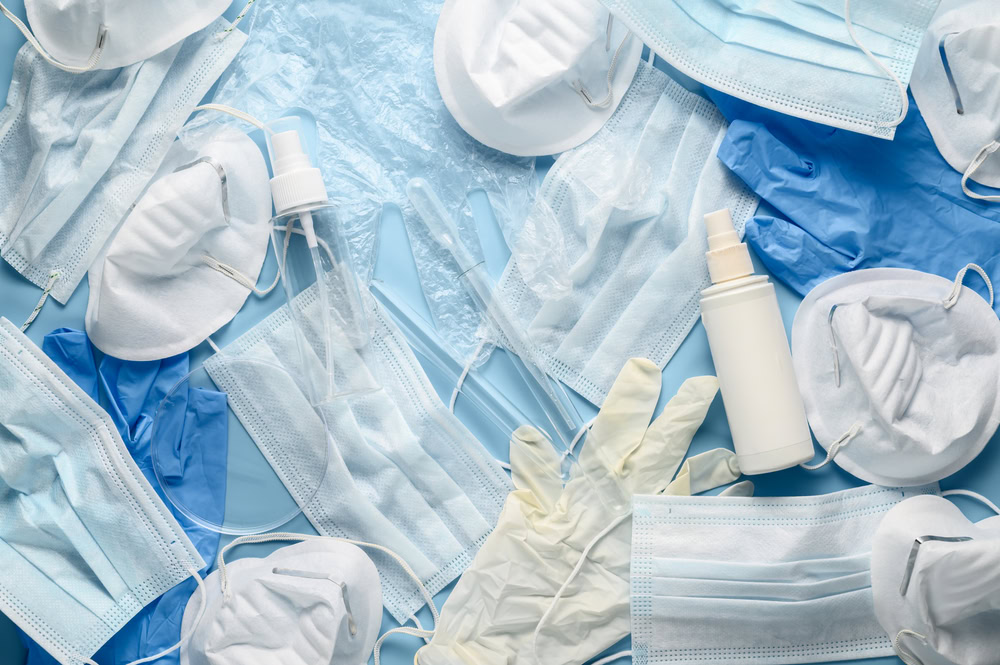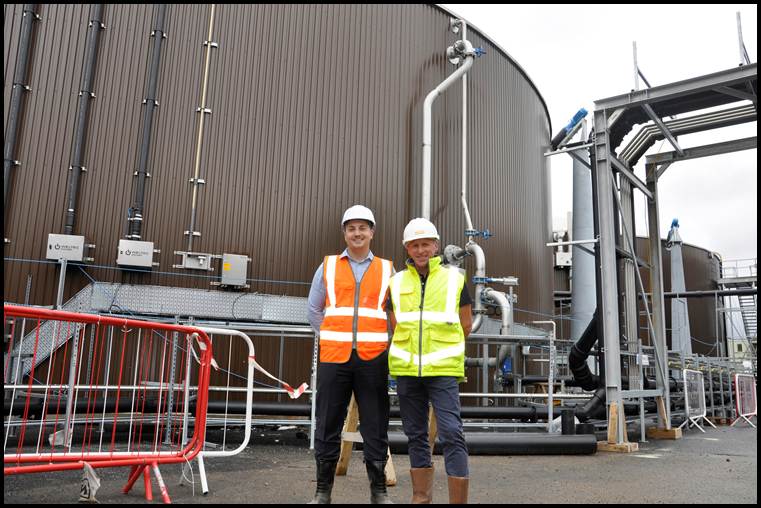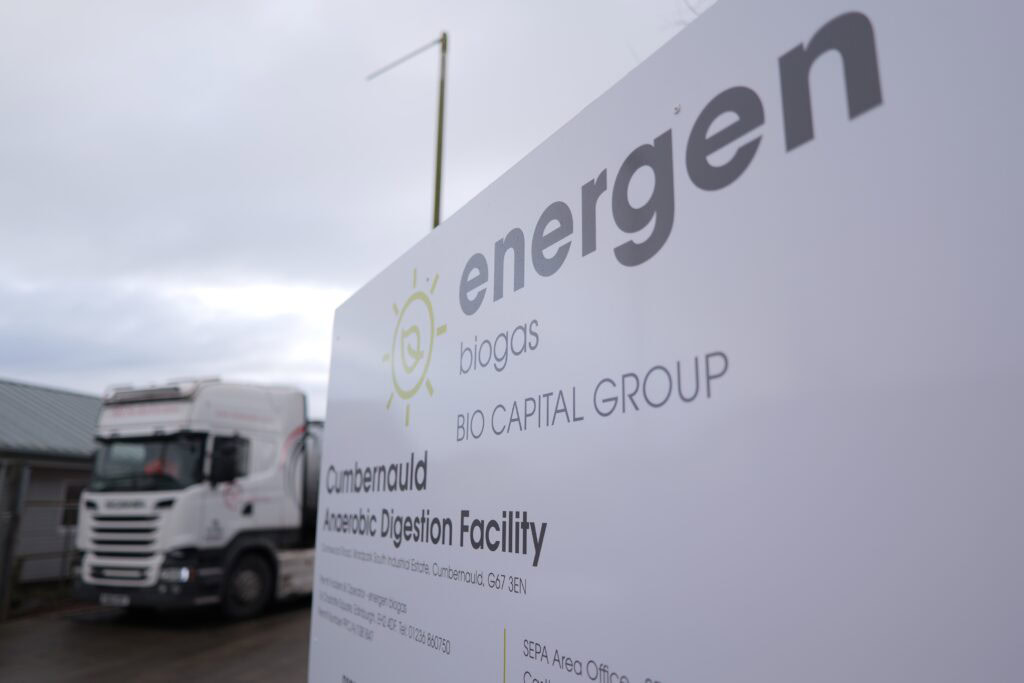As it develops its long-term waste management plans, the council has learned that taking food waste out of the mixed waste stream could “significantly” reduce the performance of the city's mechanical biological treatment (MBT) plant.
” The plant was planned before targets were introduced. But this plant will see us through to 2009/10.“
– Les Clark, Newcastle CC
Newcastle's MBT plant started operations earlier this year at a site in Byker. Run by SITA UK, the plant uses German technology from Horstman to process mixed waste through a combination of physical separation techniques and composting.
Council officers reported to the city's executive last month that the removal of food waste from the input into the plant would “significantly reduce the performance of the MBT process to the extent that it may threaten its overall technical viability”.
Report
Research from WRAP's ROTATE team had advised Newcastle it might achieve a 40% recycling rate through separate kerbside collections of dry recyclables, garden waste and kitchen waste. Without kitchen waste collections, the maximum recycling rate would be about 30%, the report stated.
However, in the Newcastle council report, the council's director of neighbourhood services noted that the MBT process added 25 percentage points to the Newcastle recycling rate. They said the extra 10 percentage points from separate kitchen waste collections would not be worth threatening the MBT process.
Speaking to letsrecycle.com, Les Clark, Newcastle's head of waste sustainability explained that the MBT plant had begun its development in 1999, before the council knew what its landfill diversion targets would be.
Mr Clark said: “The plant was planned before targets were introduced. But this plant will see us through to 2009/10, after that we will need further technology to achieve targets.”
Consultation
Building on an outline waste strategy agreed in May last year, the council is now embarking on a public consultation for 10 possible options of increasing its diversion of household waste from landfill.
All 10 options include more kerbside recycling services and bring bank provision as well as sustained education campaigns. For residual and food waste, the council is seeking views on various technological approaches, from anaerobic digestion and MBT to energy-from-waste.
The consultation is to close in November this year.
| Related links: |
Newcastle recycled just under 14% of its household waste in 2004/05, and is currently heading for an 18% target set for 2005/06.
WRAP
WRAP has now said that its ROTATE team is advising a number of local authorities on the separate collection of food waste.
This will be a key area of advice available from ROTATE over the next two years, as for many local authorities the separate collection of food waste for composting will be a critical component of their strategy for meeting LATS particularly the Landfill Directive targets for 2009/10, WRAP told letsrecycle.com.







Subscribe for free